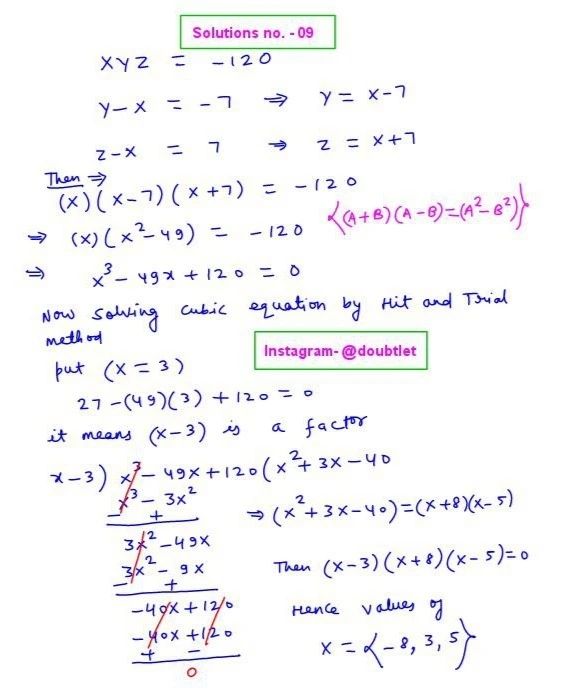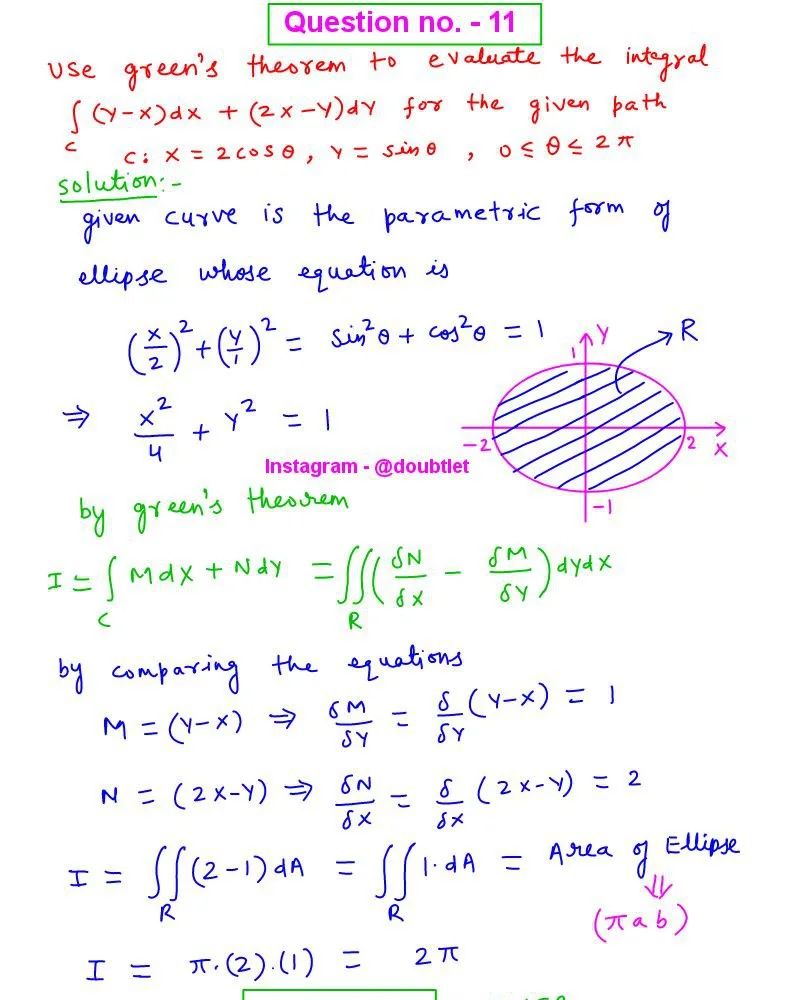









Sum Of Squares Of First ‘n’ Natural numbers Calculator
This calculator will help you to find the sum of squares of first ‘n’ natural numbers with the steps shown.Related Calculator:Sum Of Cubes Of First n Natural numbers Calculator
Sum of the first n natural numbers
Sum of cubes of first n natural numbers
Sum of first n terms of an A.P.
Sum of infinite terms of a G.P.
Sum of n terms of a G.P.
Sum of first n terms of an A.P. by first and last term
- 1. Introduction to the Sum of the squares of first n natural numbers
- 2. What is the Formulae used ?
- 3. How do I calculate the Sum of the squares of first n natural numbers ?
- 4. Why choose our Sum of the squares of first n natural numbers Calculator?
- 5. A Video for explaining this concept
- 6. How to use this calculator ?
- 7. Solved Examples
- 8. Frequently Asked Questions (FAQs)
- 9. What are the real-life applications?
- 10. Conclusion
1. Introduction to the Sum of the squares of first n natural numbers
In mathematics, some concepts are pillars of knowledge, serving as essential tools for problem-solving and exploration. One such concept is the sum of the squares of the first n natural numbers. This seemingly straightforward concept is packed with significance, both in theoretical mathematics and practical applications. In this blog, we will delve into the sum of squares of natural numbers, explore its formula, understand how to calculate it, address common questions, explore real-life applications, and conclude with a deeper appreciation for this mathematical gem.
The sum of squares of the first n natural numbers refers to the total obtained by squaring each natural number from 1 to n and then adding these squared values together. Natural numbers are positive integers, starting from 1 and continuing indefinitely (1, 2, 3, 4, 5, ...).
2. What is the Formulae used?
The formula for finding the sum of the squares of first n natural numbers is given by:
Where represents the sum of the squares of first n natural numbers & is the number of natural numbers to be summed.
3. How do I calculate the Sum of the squares of first n natural numbers?
Identify the value of n.
Use the above formula to calculate the Sum of the squares of first n natural numbers.
4. Why choose our Sum of the squares of First n Natural Numbers Calculator?
Our calculator page provides a user-friendly interface that makes it accessible to both students and professionals. You can quickly input your square matrix and obtain the matrix of minors within a fraction of a second.
Our calculator saves you valuable time and effort. You no longer need to manually calculate each cofactor, making complex matrix operations more efficient.
Our calculator ensures accurate results by performing calculations based on established mathematical formulas and algorithms. It eliminates the possibility of human error associated with manual calculations.
Our calculator can handle all input values like integers, fractions, or any real number.
Alongside this calculator, our website offers additional calculators related to Pre-algebra, Algebra, Precalculus, Calculus, Coordinate geometry, Linear algebra, Chemistry, Physics, and various algebraic operations. These calculators can further enhance your understanding and proficiency.
5. A video based on the concept of how to find the Sum of the squares of first n natural numbers.
6. How to use this calculator
This calculator will help you find the sum of the squares of first n natural numbers.
In the given input boxes you have to put the value of n.
After clicking on the Calculate button, a step-by-step solution will be displayed on the screen.
You can access, download, and share the solution.
7. Solved Examples
Find the sum of the squares of the first 5 natural numbers.
Given value of n = 5
By using the above formula, Sum = = 55
So the sum is 55.
Find the sum of the squares of the first 10 natural numbers.
Given value of n = 10
By using the above formula, Sum = = 385
So the sum is 385.
8. Frequently Asked Questions (FAQs)
Why is the sum of squares of natural numbers important?
This concept is vital in mathematics, especially calculus and number theory. It's also crucial in statistics and data analysis.
Can this formula be used for non-natural numbers?
The formula is specific to natural numbers, but variations exist for other sequences, such as consecutive integers starting from a different value.
Is there a geometric interpretation of this sum?
Yes, the sum of squares is related to the sum of areas of squares with side lengths equal to natural numbers, making it a geometric concept as well.
What if I want to find the sum of cubes or higher powers of natural numbers?
There are similar formulas for the sum of cubes and higher powers, but they involve different mathematical techniques.
In which mathematical areas does this concept find applications?
Fields such as calculus, number theory, and statistics often utilize the sum of squares of natural numbers.
9. What are the real-life applications?
The sum of squares of natural numbers finds application in various practical domains, including:
In statistics, this concept calculates variances, which measure how data points deviate from the mean.
Algorithms for numerical simulations and optimization often involve manipulating sums of squares.
In physics, it appears in formulas related to energy, motion, and waveforms.
10. Conclusion
Though seemingly simple, the sum of squares of the first n natural numbers is a powerful concept with far-reaching applications in both theoretical and practical domains. Understanding this concept equips you with a valuable tool for tackling mathematical problems and making sense of real-world data. It serves as a testament to the beauty and utility of mathematical ideas, reminding us that even the simplest concepts can have profound implications.
This blog is written by Neetesh Kumar
If you have any suggestions regarding the improvement of the content of this page, please write to me at My Official Email Address: doubt@doubtlet.com
Are you Stuck on homework, assignments, projects, quizzes, labs, midterms, or exams?
To get connected to our tutors in real time. Sign up and get registered with us.
Comments(0)













Leave a comment